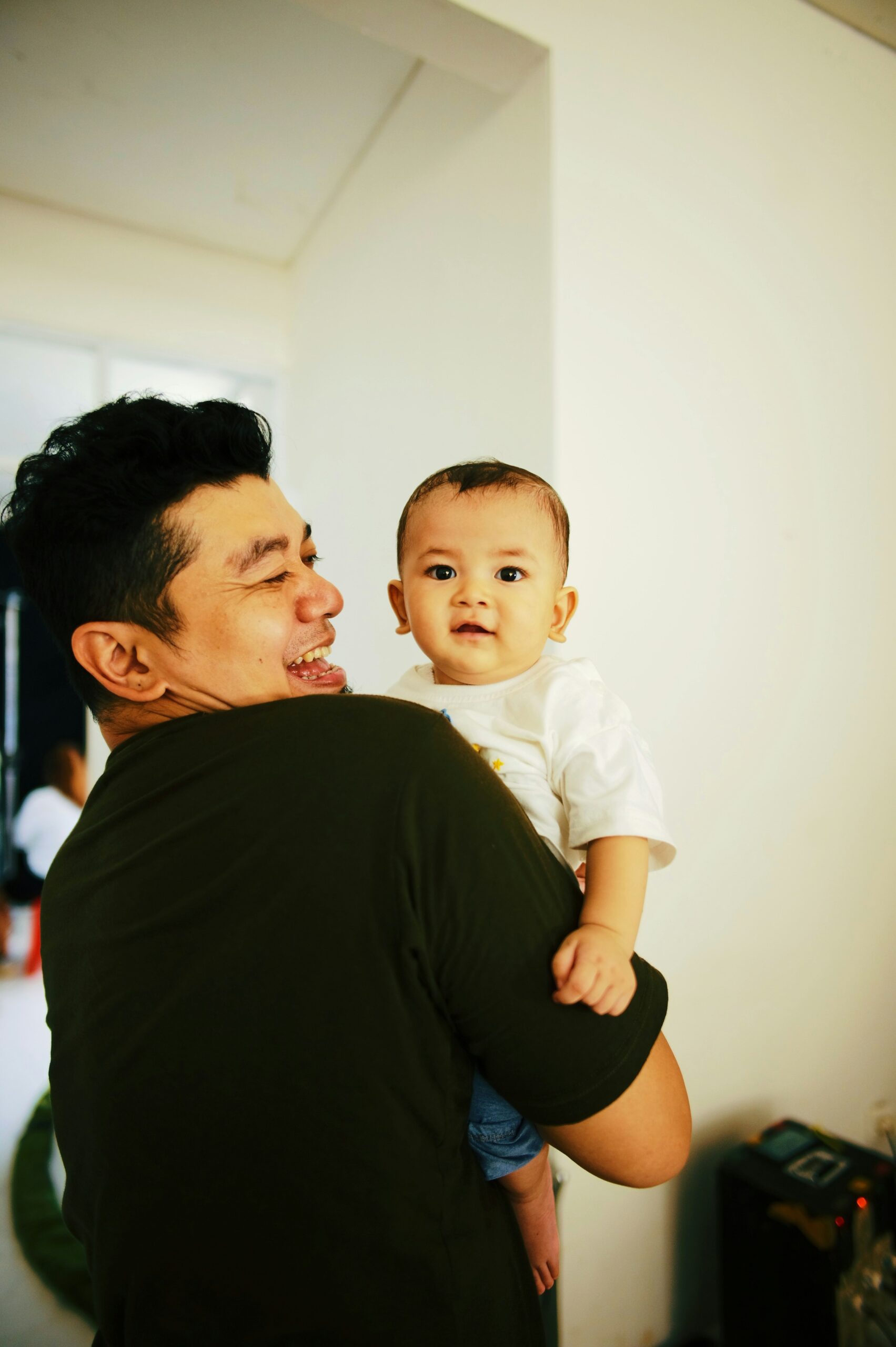Divorced Dad Blog
What Defines a Good Dad Versus a Bad Dad

As a divorce mediator with a background in psychology and law, I often see the impact of parenting on children firsthand. The role of a father, especially in the context of divorce, can significantly influence a child’s emotional well-being and development. Let’s explore what defines a good dad versus a bad dad, and the implications for children.
Characteristics of a Good Dad
A good dad is someone who is emotionally available and supportive of their children. They actively listen to their children’s needs and concerns, providing comfort and guidance. A good dad also fosters open communication and creates a safe and nurturing environment for their children to express themselves.
Good dads are actively involved in their children’s lives, participating in activities, helping with homework, and attending important events. They prioritize quality time with their children and create lasting memories through shared experiences.
Furthermore, a good dad leads by example, demonstrating positive values and behaviors for their children to emulate. They show respect, empathy, and understanding towards others, teaching valuable life lessons through their actions.
Characteristics of a Bad Dad
In contrast, a bad dad may be emotionally distant or absent from their children’s lives. They might prioritize their own needs and desires over their children’s well-being, leading to feelings of neglect or abandonment.
Bad dads may exhibit erratic or harmful behavior, such as anger issues, substance abuse, or lack of accountability. This can create a toxic environment for children, causing emotional distress and instability in their lives.
Additionally, a bad dad may show a lack of interest in their children’s activities or development, failing to provide the necessary support and guidance. Their absence or disengagement can have lasting negative effects on a child’s self-esteem and relationships.
The Impact on Children
The presence of a good dad in a child’s life can contribute to their emotional resilience, self-confidence, and overall well-being. Children who have positive relationships with their fathers tend to perform better academically, have healthier social relationships, and exhibit lower levels of behavioral problems.
Conversely, the absence or negative influence of a bad dad can lead to issues such as low self-esteem, difficulty forming trusting relationships, and emotional struggles. Children may internalize feelings of unworthiness or develop maladaptive coping mechanisms in response to parental neglect or abuse.
It’s essential for dads, especially those going through divorce, to prioritize their children’s needs and maintain a healthy co-parenting relationship with their ex-partner. By being actively involved, supportive, and emotionally present, dads can positively impact their children’s lives and contribute to their overall happiness and success.
Learn more about positive parenting practices at visonesenatore.net.
